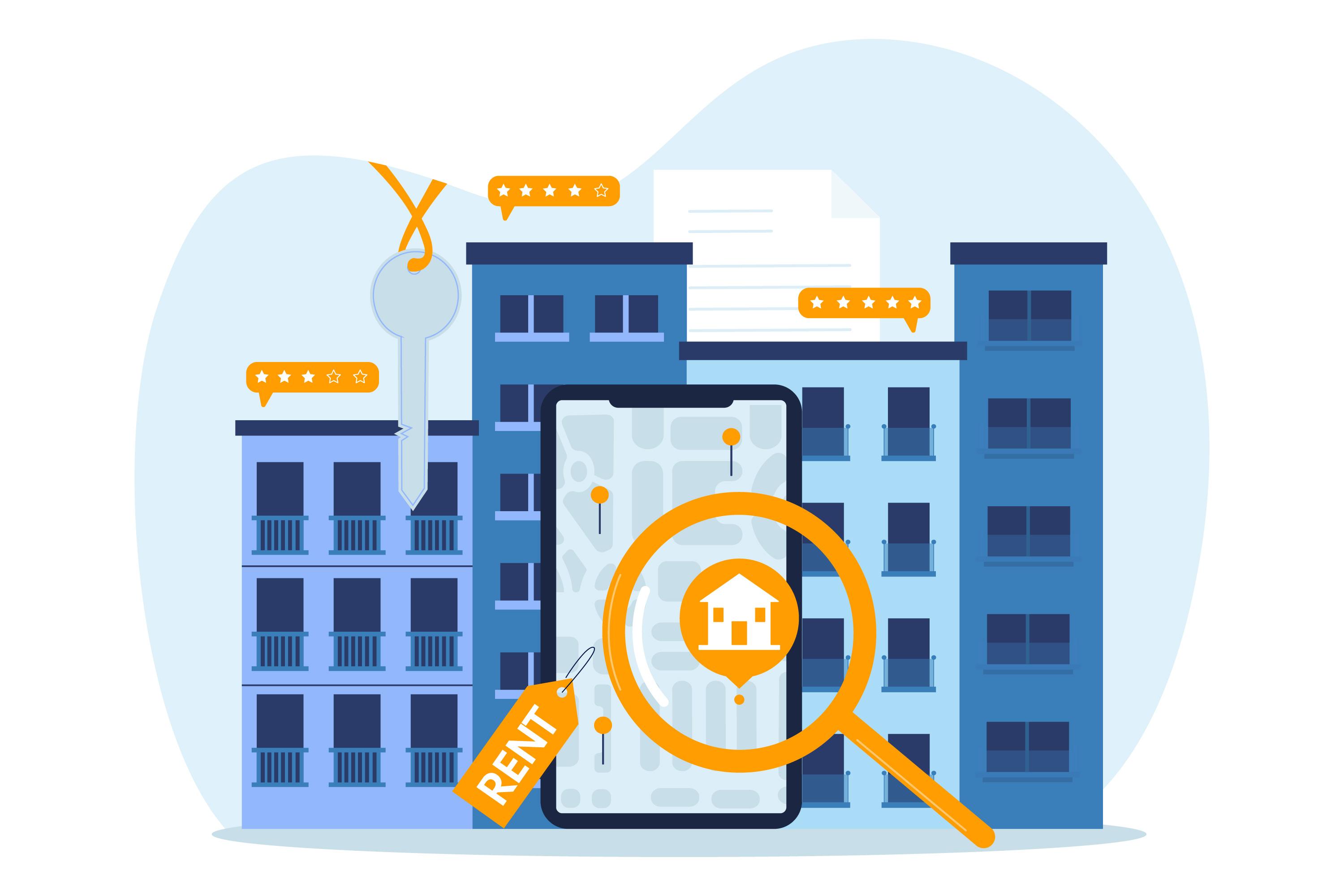Tenant complaints are part of every landlord’s experience, but how you respond can make or break your relationship with renters and even impact your property’s profitability. In South Orange County, where tenants expect high standards of living and communication, effective complaint management is essential for maintaining long-term tenancy and minimizing turnover.
Understanding the Most Common Tenant Complaints
Across California, the most frequent tenant concerns include:
Maintenance delays or unresolved repairs
Noise disturbances from neighbors
Pest infestations
Disagreements about utilities or parking
Security deposit disputes
In South Orange County communities like Irvine, Aliso Viejo, Laguna Niguel, Rancho Santa Margarita, Lake Forest, and Mission Viejo, tenants often occupy newer, higher-value rentals in which means they expect quick, professional, and transparent responses to any issues that arise.
According to the U.S. Department of Housing and Urban Development (HUD), landlords are legally required to maintain rental units in a “habitable condition,” including working plumbing, heating, electrical, and weatherproofing systems (HUD Landlord-Tenant Handbook, 2023). Failing to address such concerns promptly can expose landlords to habitability claims under California Civil Code §1941.
Step-by-Step Guide to Handling Tenant Complaints Professionally
1. Acknowledge Quickly
Respond to tenant complaints within 24 hours even if you don’t have an immediate solution. A simple acknowledgment shows tenants that their concerns are taken seriously and builds trust.
2. Document Everything
Keep written records of every complaint, including the date, nature of the issue, photos (if applicable), and your response timeline. This documentation protects you legally if disputes arise later.
3. Investigate Promptly
For maintenance or noise issues, conduct an inspection or contact the appropriate service provider within a reasonable timeframe. California law requires landlords to make necessary repairs within a “reasonable period,” generally interpreted as 30 days or sooner for health or safety concerns.
4. Communicate Clearly
Provide updates on progress. If a repair is delayed, explain why and when it will be resolved. Tenants appreciate transparency and are less likely to escalate issues if they’re kept informed.
5. Follow Up
After resolving the issue, check in with the tenant to confirm satisfaction. This extra step often turns a negative experience into a positive one, improving retention.
Preventing Future Complaints
Conduct regular property inspections to identify issues early.
Create clear house rules in your lease agreement for noise, parking, and maintenance requests.
Offer digital communication tools such as tenant portals for easy reporting and tracking of maintenance issues.
Stay proactive by scheduling seasonal maintenance, such as HVAC checks and pest control, common in coastal climates like Laguna Beach and Dana Point.
Final Thoughts
Responding to tenant complaints effectively isn’t just about fixing problems, it’s about building trust, ensuring compliance, and preserving your investment. In the competitive South Orange County rental market, landlords who respond quickly and professionally retain quality tenants longer and face fewer legal risks.
At PMI South OC, we take tenant communication and satisfaction seriously. Our property management process ensures every maintenance request, concern, or complaint is handled promptly and professionally keeping your property in top shape and your tenants happy.
Call us today to learn more about our proven property management process or request your FREE rental analysis to see how much your property could earn in today’s South OC market.



